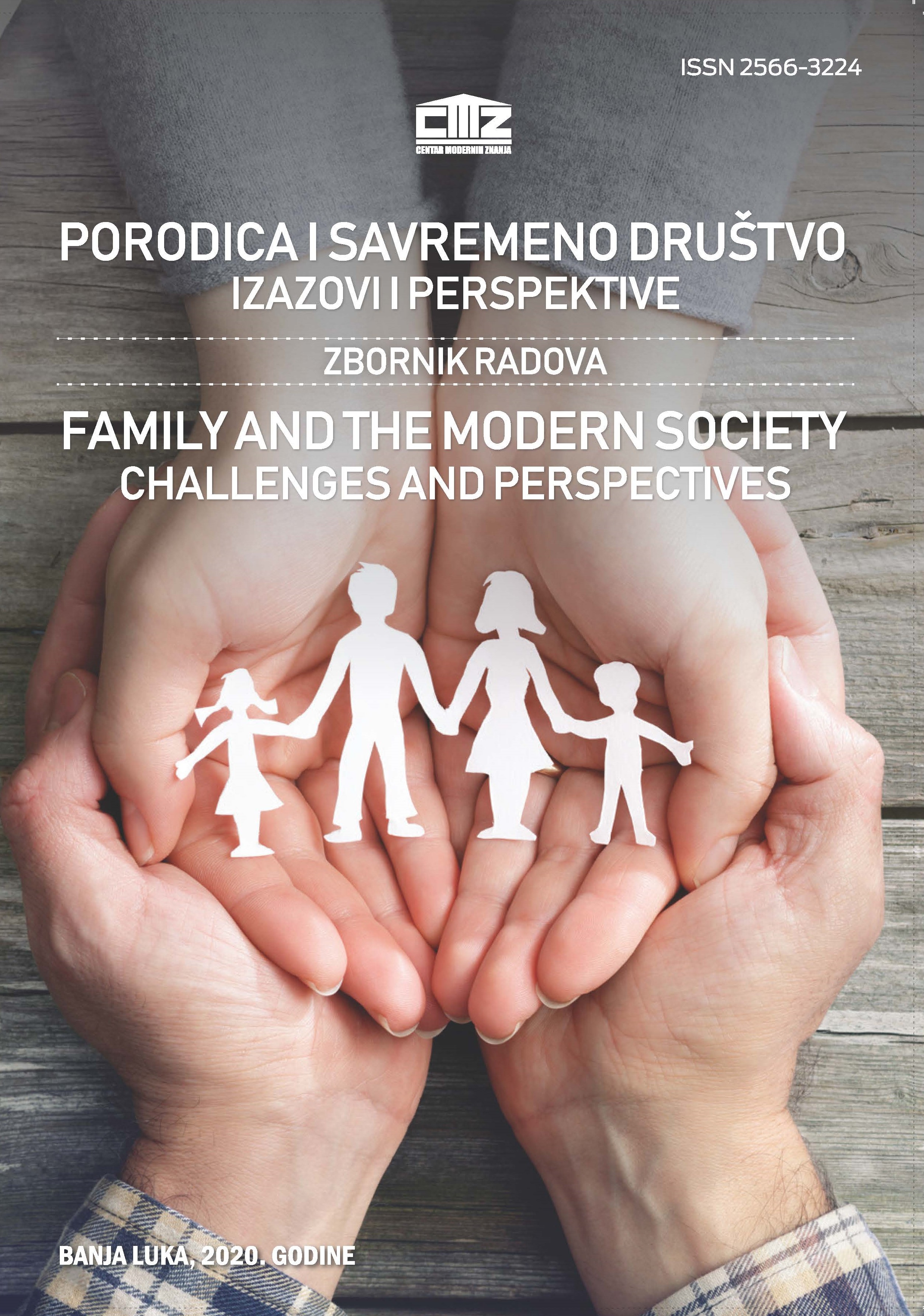KVALITET ŽIVOTA PORODICA MENTALNO OBOLELIH OSOBA
QUALITY OF LIFE IN FAMILIES WITH MENTAL ILLNESSES
Author(s): Slađana MiloševićSubject(s): Psychology, Sociology, Health and medicine and law, Family and social welfare
Published by: CENTAR MODERNIH ZNANJA
Keywords: quality of life; mental disorder; family; integrative approach;
Summary/Abstract: Quality of life is a theoretical concept developed in recent decades implying the assessment of subjective and objective dimensions. Subjective dimensions reflect the person΄s feeling of satisfaction in various domains of functioning, including family relationships. The fact that subjective dimensions are modulated by current affective status, as well as that the affect irradiate opens an important question of the quality of life of mental illness patiens and their families. According to a World Health Organization (WHO) report, at least 25% of individuals and their families in the world are affected by mental disorders that affect the quality of their lives. As mental health issues, i.e. disorders, are painful and traumatic for the whole family, they have a significant impact on the social, economic and emotional components of the family. Research shows that the quality of life of people with mental disorders is lowered in all domains, and that mental disorders are associated with more frequent marital crises and divorces. Family members of mentally ill persons first experience somatic problems such as insomnia, migraine, loss of appetite and fatigue, and then 30% to 45% of the symptoms of mental disorders that develop during their member's illness. Emotional expression is punctuated by high hostility, with about 70% critical comments and varying degrees of emotional involvement. These symptoms are associated with dysfunctional adjustment to the disease in the family, as well as with partner, i.e. marital dissatisfaction and dysfunction. The aim of this paper is to show the connection between the quality of life of family members of mentally ill persons and mental illness, the specificity of partner and family dynamics of families with the mentally ill member from the perspective of systemic approach, as well as contemporary modalities of treatment that involves integrative access to the whole family through pharmacotherapy, marital/family systemic therapy and psychoeducation of the patient and his family.
Journal: DRUŠTVENE DEVIJACIJE
- Issue Year: V/2020
- Issue No: 5
- Page Range: 355-364
- Page Count: 10
- Language: Serbian

